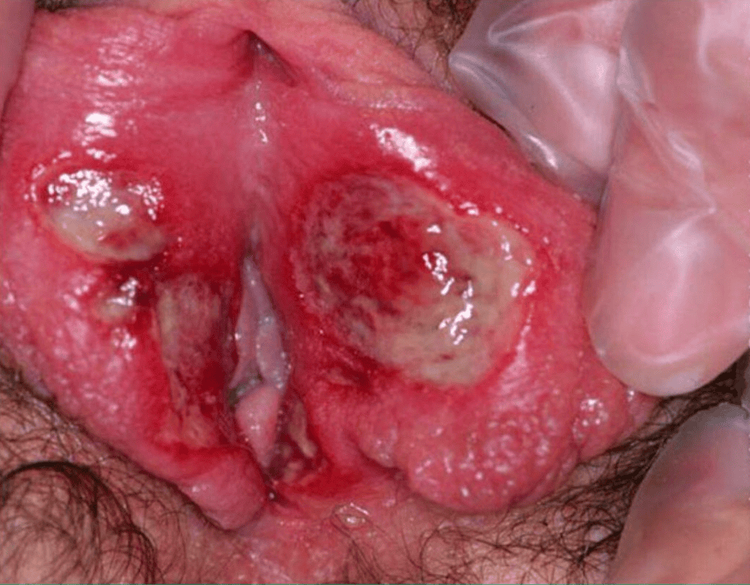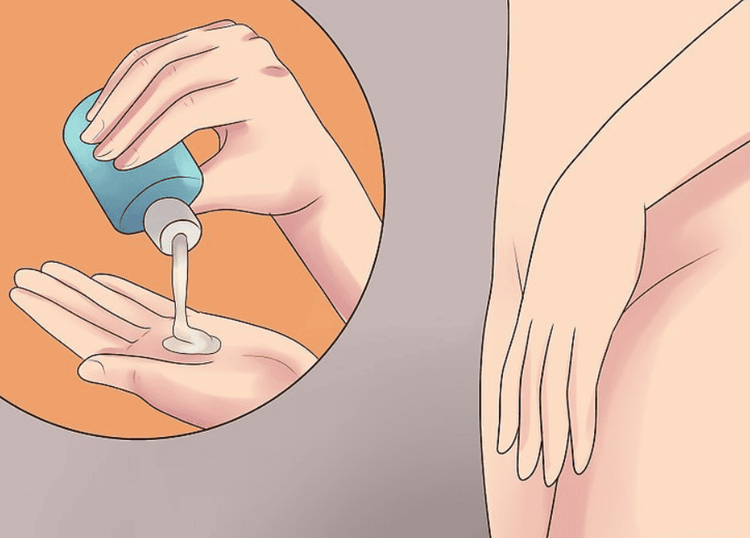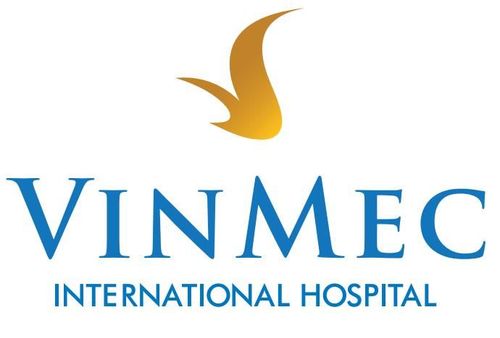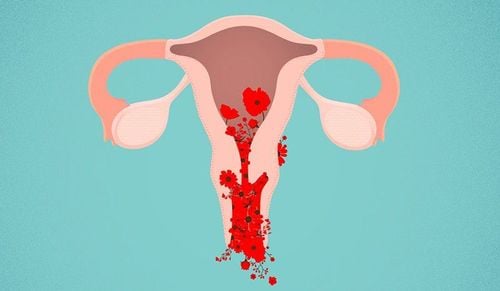This article is medically reviewed by Dr. Phan Diem Doan Ngoc, Department of Obstetrics and Gynecology, Vinmec Central Park International GenHospital.
Acute genital ulcer (Lipschutz ulcer) is a rare condition that is not sexually transmitted; however, it is often mistaken for sexually transmitted infections due to its similar symptoms.
1. What is Acute Genital Ulcer (Lipschutz Ulcer)?
Acute genital ulcer, also known as Lipschutz ulcer, is a rare, non-sexually transmitted condition characterized by painful genital ulcers, fever, and lymphadenopathy. This condition is primarily observed in young females who have not engaged in sexual activity. Although non-sexually transmitted, Lipschutz ulcers are often mistaken for sexually transmitted infections due to similar clinical symptoms.
First described in 1912 by Benjamin Lipschutz, the condition involves the sudden onset of painful genital ulcers, fever, and lymph node swelling, most commonly affecting adolescent girls and virgins.
2. Manifestations of acute genital ulcers
Acute ulcers typically present as one or more superficial lesions with well-defined, raised edges covered by a gray pseudomembrane or brown-gray crusts, often surrounded by redness or edema. Secondary erythema and swelling may also be observed.The ulcers are most frequently found on the inner edges of the labia minora but may also appear on the labia majora, perineum, or lower vagina.
Kissing ulcers may develop on opposite surfaces of previously affected areas. Lesion sizes vary but are often greater than 1 cm. Systemic symptoms may include: fever, generalized fatigue, oral ulcers.

3. Treatment of Acute Genital Ulcer
The primary treatment goals are pain relief, wound healing, and scar prevention.
Local Treatment
• Hygiene: Maintain proper local hygiene.
• Wound Care: Clean lesions with moist gauze or Vaseline gauze.
• Apply topical antibiotic creams and anesthetic agents to prevent infection and alleviate pain (e.g., fusidic acid, 2% lidocaine gel, or corticosteroid ointments for 7–10 days). Intralesional corticosteroid injections may also be effective.
Systemic Treatment
• Pain Management: Use non-steroidal anti-inflammatory drugs (NSAIDs) such as paracetamol or acetaminophen. Severe pain may require sedative analgesics.
• Antibiotics: Administer systemic antibiotics to prevent secondary infections.
• Systemic Corticosteroids: Recommended for patients unresponsive to topical treatments.

With appropriate treatment, the prognosis is generally good. Ulcers typically reduce in pain and show granulation within a week. Most lesions heal within 16–21 days and rarely recur.
Annual follow-ups are advised to monitor for systemic conditions that may emerge later, such as Crohn's disease or Behçet's disease.
Patients diagnosed with acute genital ulcer, along with their families, should be reassured that the condition is non-sexually transmitted, treatable, and unlikely to cause lasting complications.
To arrange an appointment, please call HOTLINE or make your reservation directly HERE. You may also download the MyVinmec app to schedule appointments faster and manage your reservations more conveniently.
References: ncbi.nlm.nih.gov
To arrange an appointment, please call HOTLINE or make your reservation directly HERE. You may also download the MyVinmec app to schedule appointments faster and manage your reservations more conveniently.








